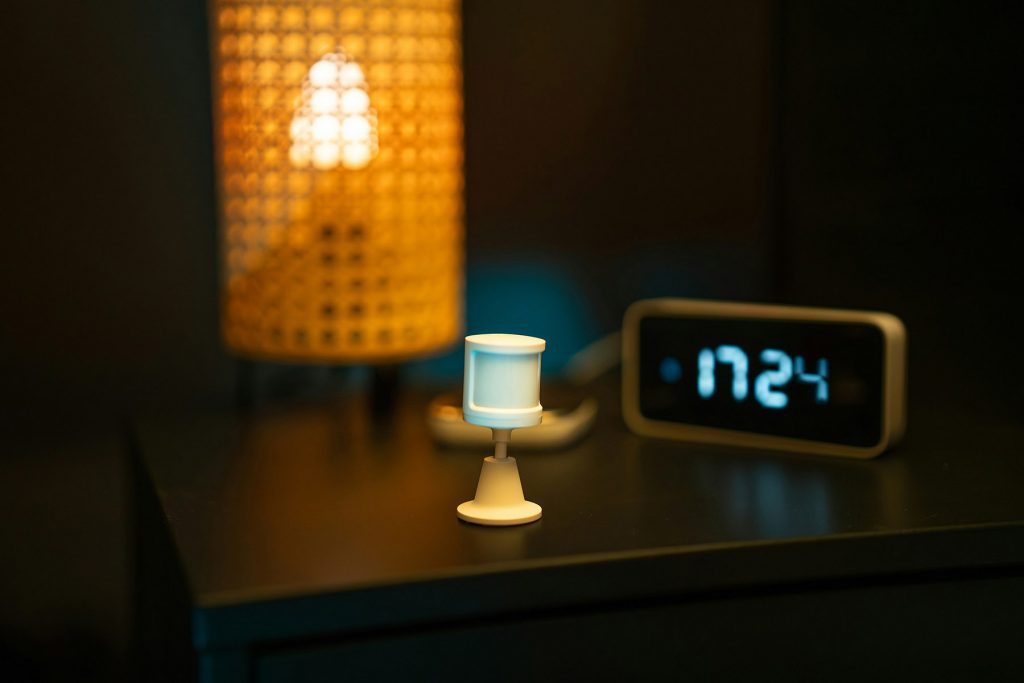In today’s fast-paced world, quality sleep is often sacrificed in favor of productivity and entertainment. However, understanding your sleep patterns can lead to significant improvements in your overall health and well-being. With the advancement of technology, sleep tracking has become more accessible, providing individuals with detailed insights into their sleep patterns. In this article, we will explore which metrics matter most when analysing your sleep data to help you optimally improve your sleep quality.
Why Sleep Tracking is Important
Sleep tracking allows individuals to gather valuable data regarding their sleep habits. This data can identify sleep disorders, monitor the effectiveness of sleep strategies, and provide insights into how lifestyle choices affect sleep quality. By evaluating sleep data, one can make informed decisions that lead to better health, enhanced cognitive performance, and improved emotional well-being.
The Essential Sleep Metrics
Common sleep metrics collected by various sleep tracking devices and apps include:
- Total Sleep Time
- Sleep Efficiency
- Sleep Stages
- Heart Rate
- Restfulness
- Sleep Latency
Total Sleep Time
Total sleep time refers to the total number of hours spent sleeping during the night. Adults typically need between 7 to 9 hours of sleep per night, but this can vary based on various factors including age, lifestyle, and overall health. Maintaining an appropriate total sleep time is crucial for rejuvenation and cognitive function.
Sleep Efficiency
Sleep efficiency is a measure of the amount of time spent asleep compared to the time spent in bed. It is calculated by dividing total sleep time by the total time spent in bed, multiplied by 100 to get a percentage. A higher sleep efficiency score (over 85%) generally indicates better sleep quality.
Sleep Stages
Understanding sleep stages is vital for evaluating the quality of your sleep. Sleep can be broadly categorized into two types:
- Non-Rapid Eye Movement (NREM) sleep – this includes three stages, progressing from light sleep to deep sleep.
- Rapid Eye Movement (REM) sleep – this stage is associated with dreaming and is key for cognitive functions such as memory consolidation and learning.
Using sleep tracking devices, one can monitor how much time is spent in each sleep stage. An imbalance in sleep stages could indicate sleep disorders or stress-related issues.
Heart Rate
Evaluating your heart rate during sleep provides insights into your overall health. A lower resting heart rate during sleep is typically associated with better cardiovascular health. Abnormalities, such as elevated heart rates during rest, might indicate underlying health problems, including anxiety or sleep apnea.
Restfulness
Restfulness measures how disturbed your sleep was throughout the night. A low restfulness score indicates numerous awakenings or fragmented sleep, which can obstruct the restorative processes of sleep.
Sleep Latency
Sleep latency refers to the time it takes to fall asleep once your head hits the pillow. An ideal sleep latency is around 15-20 minutes. Sleep latency that is too short might suggest excessive sleepiness, while prolonged sleep latency may indicate insomnia or other sleep disruptions.
Collecting Sleep Data
To start analysing your sleep data, you’ll first need a way to track your sleep. Several options are available:
- Wearable Devices – fitness trackers and smartwatches often come equipped with sleep monitoring functions that can track movements and heart rates.
- Mobile Apps – there are numerous smartphone applications designed to monitor sleep through sound or movement detection.
- Smart Home Devices – smart mattresses and sleep trackers can gather comprehensive data regarding sleep patterns and environment.
Interpreting Sleep Data
After tracking your sleep for several nights or weeks, start interpreting the collected data. Here are some considerations to keep in mind:
- Identify Trends – Look for patterns in your sleep metrics to identify good or bad nights of sleep.
- Correlate with Lifestyle Choices – Correlate changes in sleep with specific aspects of your lifestyle, such as exercise, caffeine consumption, or stress levels.
- Analyze Sleep Quality – Instead of only focusing on total sleep, assess the balance between sleep stages and ensuring adequate REM and deep sleep.
Common Sleep Issues and Their Impacts
Understanding your sleep data helps in highlighting potential issues that may be detrimental to your health:
- Insomnia – Chronic difficulty falling asleep or staying asleep, often linked to stress or anxiety.
- Sleep Apnea – A serious condition where breathing repeatedly stops and starts during sleep, leading to poor-quality rest.
- Restless Legs Syndrome (RLS) – A condition that creates an uncontrollable urge to move the legs, often disrupting sleep.
- Parasomnia – Abnormal behaviors during sleep, such as sleepwalking or night terrors.
Early detection of these issues can lead to better management and improved quality of life.
Tips for Improving Sleep Quality
Based on your sleep metrics and potential issues you’ve identified, consider implementing some of the following strategies to enhance sleep quality:
- Create a Consistent Sleep Routine – Go to bed and wake up at the same time every day to regulate your body’s internal clock.
- Limit Blue Light Exposure – Reduce time spent on screens before bedtime, as blue light can interfere with melatonin production.
- Practice Relaxation Techniques – Engage in meditation, deep-breathing exercises, or gentle yoga before bed.
- Assess Sleep Environment – Ensure your bedroom is conducive to sleep; consider factors such as temperature, noise, and light.
When to Seek Professional Help
If after analysing your sleep data you still encounter persistent issues, it may be time to consult a healthcare professional. Ongoing sleep problems can be indicative of more severe health issues requiring intervention. Professionals such as sleep specialists can offer guidance tailored to your specific needs.
